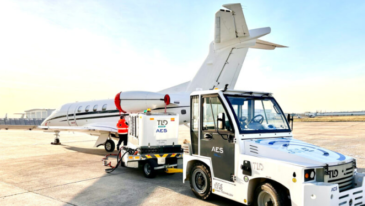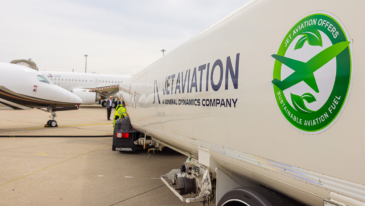The BACCC
The Business Aviation Commitment on Climate Change (BACCC) was published in 2009 by the International Business Aviation Council and the General Aviation Manufacturers Association. The publication of the Commitment is supported by the entire industry.
As the foundation for Business aviation to reduce its environmental impact, It sets three aspirational goals and a pathway through four mechanisms towards achieving these goals through various milestones out to 2050.
For Business aviation to be successful in reducing its impact on climate change and achieve the goals within the BACCC, it is important to view all the mechanisms combined as a basket of measures.








